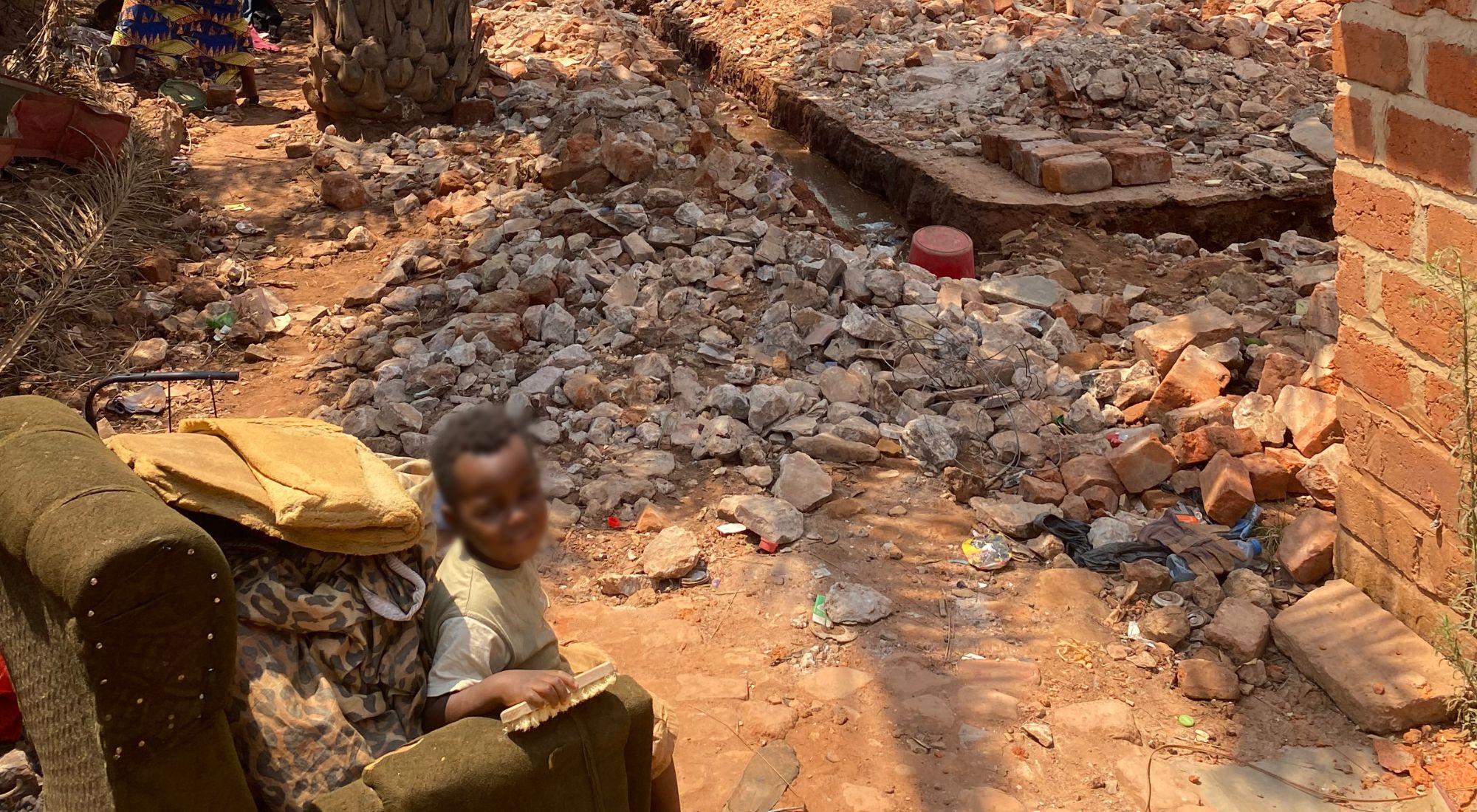Banner Photo (above): A child witnessing the demolition of their family’s home following eviction by a copper and cobalt mining company in Kolwezi, Democratic Republic of Congo in September 2022. (Photo by Candy Ofime/Amnesty International)
The Democratic Republic of Congo is the world largest supplier of copper and cobalt which are important critical minerals in lithium-ion batteries. These batteries power our smartphones, laptops, electric cars, and bicycles. They play a major role in the energy transition away from fossil fuels. But they come at a huge cost to the environment and human rights.
Mining companies want to expand their operations especially in Kolwezi, which sits above rich copper and cobalt deposits. Thousands of people in the area have been uprooted and forcibly evicted from their homes, schools, hospitals, and communities.
A just transition to a low-carbon future has never been more urgent. However, as we work towards reducing carbon emissions and adopting renewable energy sources globally, we must do so in a fair, equitable way that protects all human rights.
Without a rights-based approach to the energy transition, our rush to find critical minerals can harm communities and the environment. That is why we are asking the DRC government to stop the forced displacement of communities because of cobalt mines.
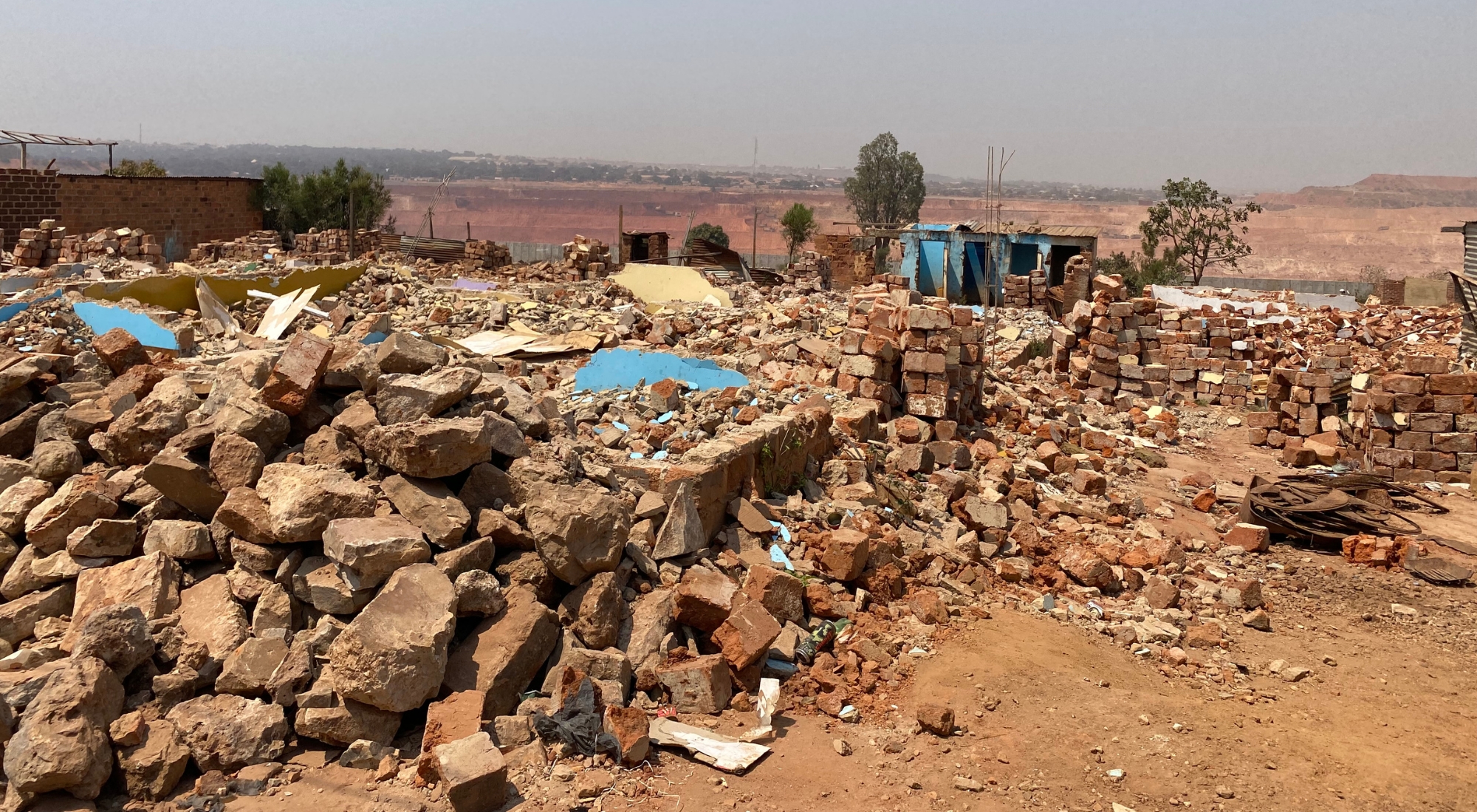
Urge the DRC to become a global leader in climate justice
These human rights abuses take place in a country still recovering from the legacy of colonial brutality. Millions died during this era, and countless raw materials were extracted. They were sold on international markets with little benefit to local people. Corporations and governments are again putting profit above people in the global race to secure minerals for the energy transition.
President Tshisekedi describes the Democratic Republic of Congo as a “climate solution country.” Now is the time for the DRC to become a global leader in climate justice and prove that protecting human rights is an integral part of a just energy transition.
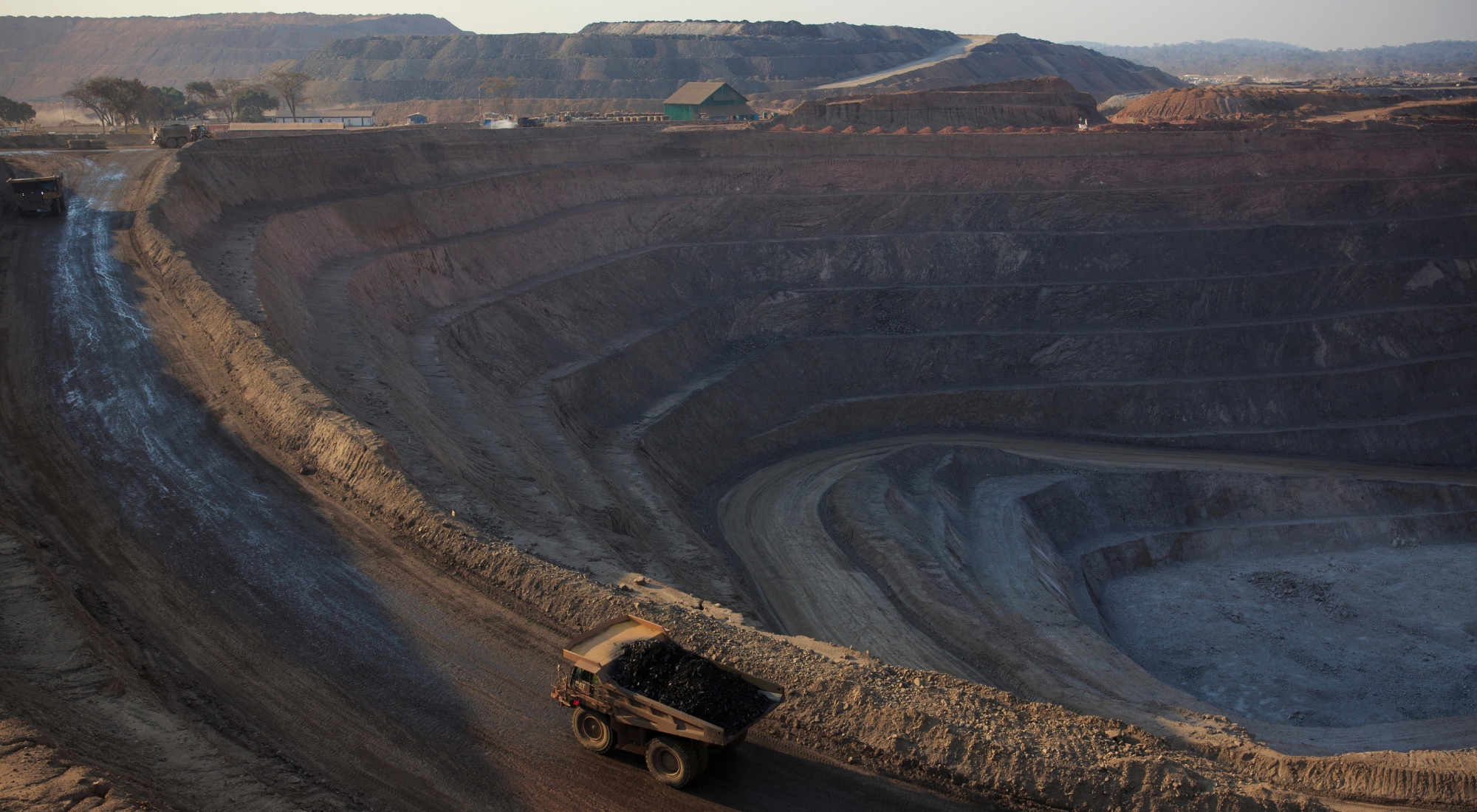
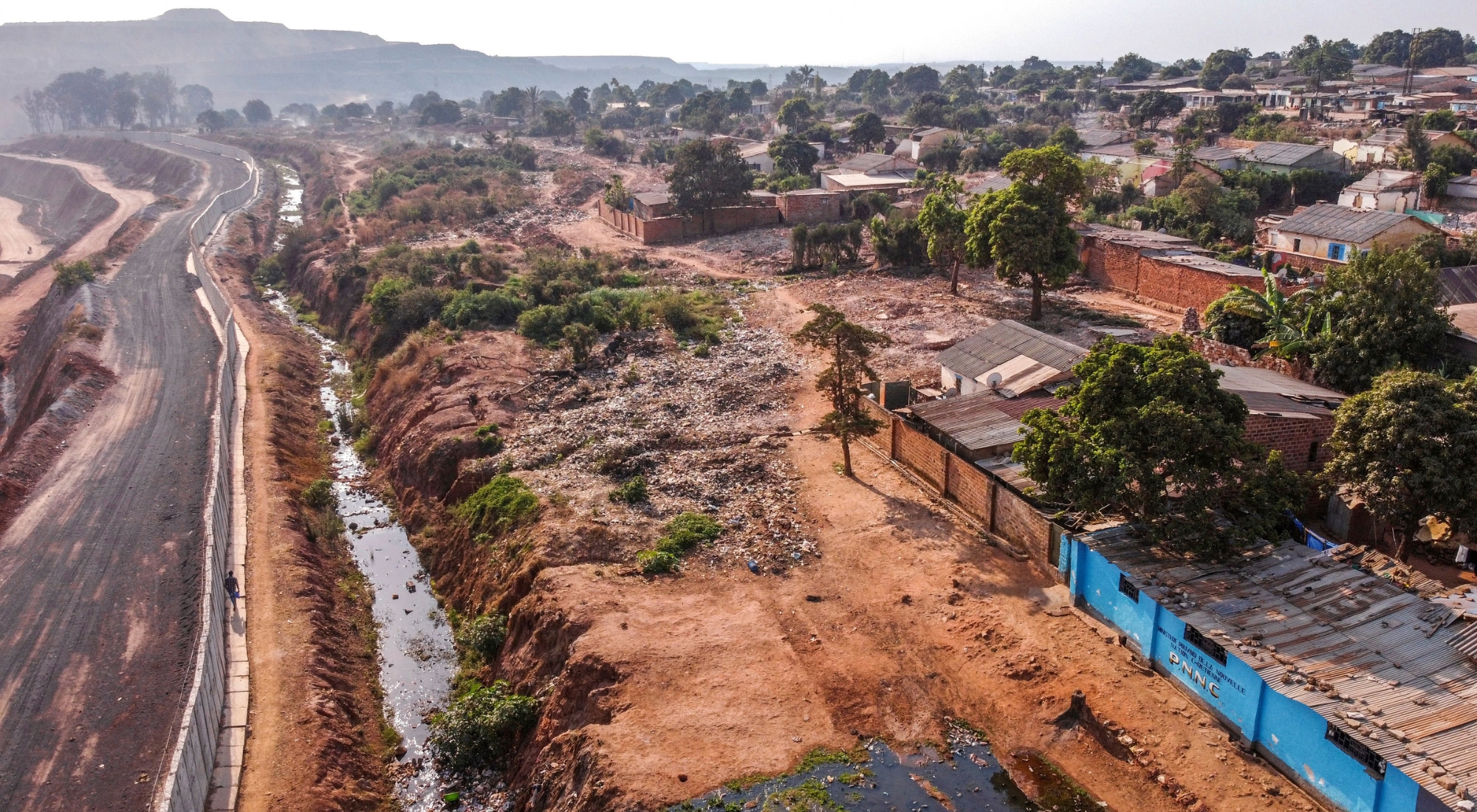
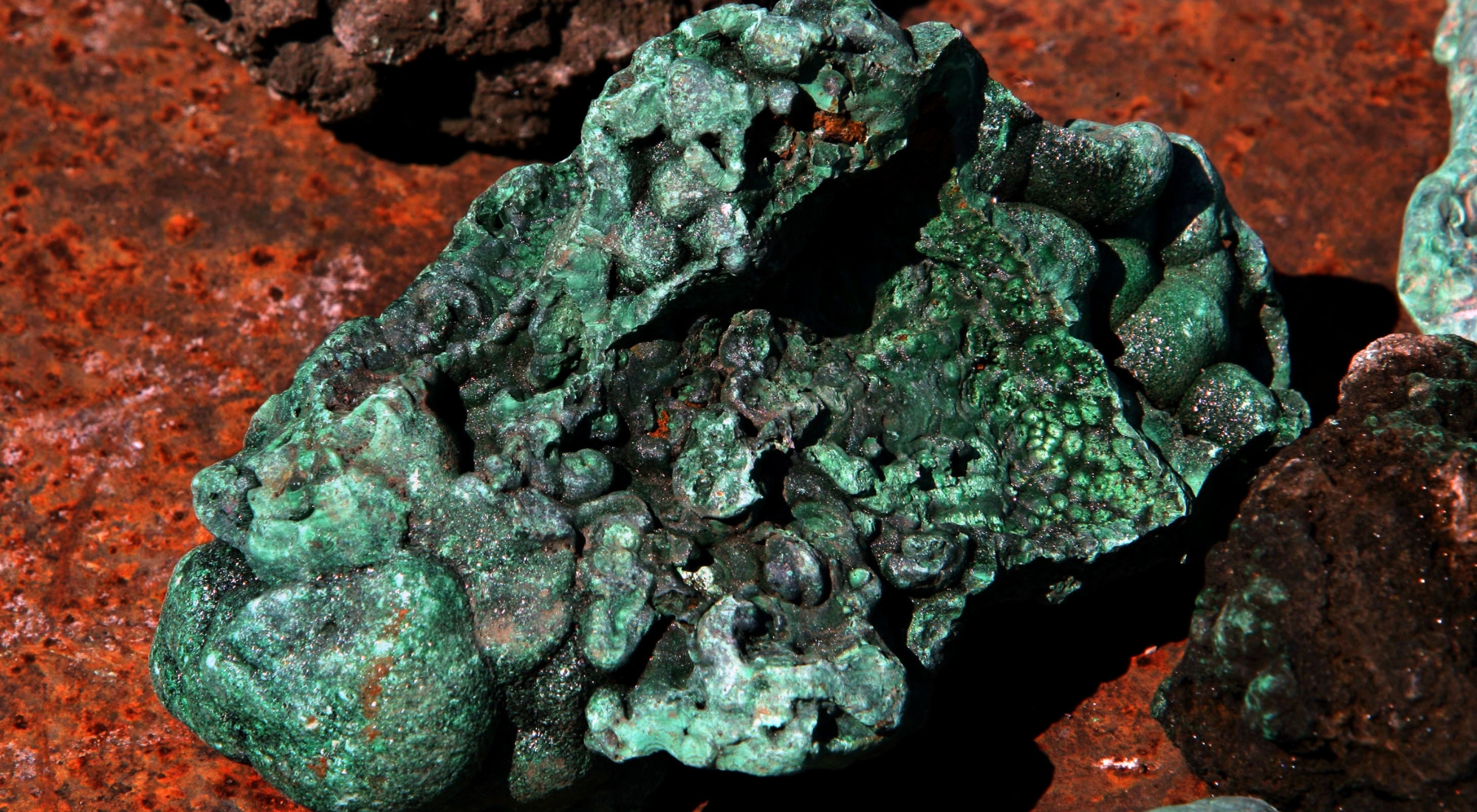
Learn more about a just energy transition
Introducing Amnesty International’s new short course, Energy Transition: Powering Change or Business as Usual? This online course delves into the critical human rights issues surrounding the energy transition and equips learners with the knowledge and tools to ensure a transition away from fossil fuels that also respects human rights.
This 45-minute long course is design to explore the intricate dynamics of the energy transition from multiple perspectives. Through interactive activities, compelling visuals, and self-directed learning materials, learners will develop a profound understanding of the complexities, implications, and challenges surrounding the shift away from fossil fuels and towards cleaner energy sources. learners will gain foundational knowledge about the human rights implications associated with mining raw minerals in the Democratic Republic of the Congo.
Watch video: Forced evictions due to cobalt mining in the DRC
Energy Transition: Powering Change or Business as Usual?
The Energy Transition: Powering Change or Business as Usual? course will allow you to reflect, engage and learn how you can take action.
In this self-paced course, you will explore the intersection of energy transition and human rights, focusing on critical issues such as:
- Identifying key human rights issues related to the energy transition
- Understanding and describing the human rights violations associated with mining raw minerals in the Democratic Republic of the Congo
- Taking actionable steps to ensure the energy transition from fossil fuels respects and upholds human rights
Take action now to end human rights abuses in the DRC
The people of the Democratic Republic of the Congo (DRC) pay a high price to supply the world with copper and cobalt. They face forced evictions, illegal destruction of their homes, and physical violence. Send a message to President Tshisekedi to end forced evictions and other human rights abuses at copper and cobalt mines.
PROTECT HUMAN RIGHTS
stop forced evictions in the congo
Send a message to the DRC’s President to end forced evictions and other human rights abused at copper and cobalt mines.
Global Days of Action: September 12th for online action and September 13th for photo opps in front of the DRC Embassy in Ottawa
On the Global Day of Action, we will announce the number of letters sent so far, and we will have an event right in front of the DRC embassy in Ottawa with a colourful tiny house display to demonstrate forced eviction. Amnesty members, supporters, volunteers, and activists, get ready to show your solidarity with victims of forced eviction in DRC.
Build or Draw Tiny Houses
For the Global Day of Action, create tiny houses out of LEGO, wood, or other materials you have on hand – get creative! You can also draw a picture of a tiny house if you don’t want to create one. The tiny houses can also be made and assembled at events, at home, in a group, on campus, or at your Section’s offices (space permitting and while being COVID-aware).
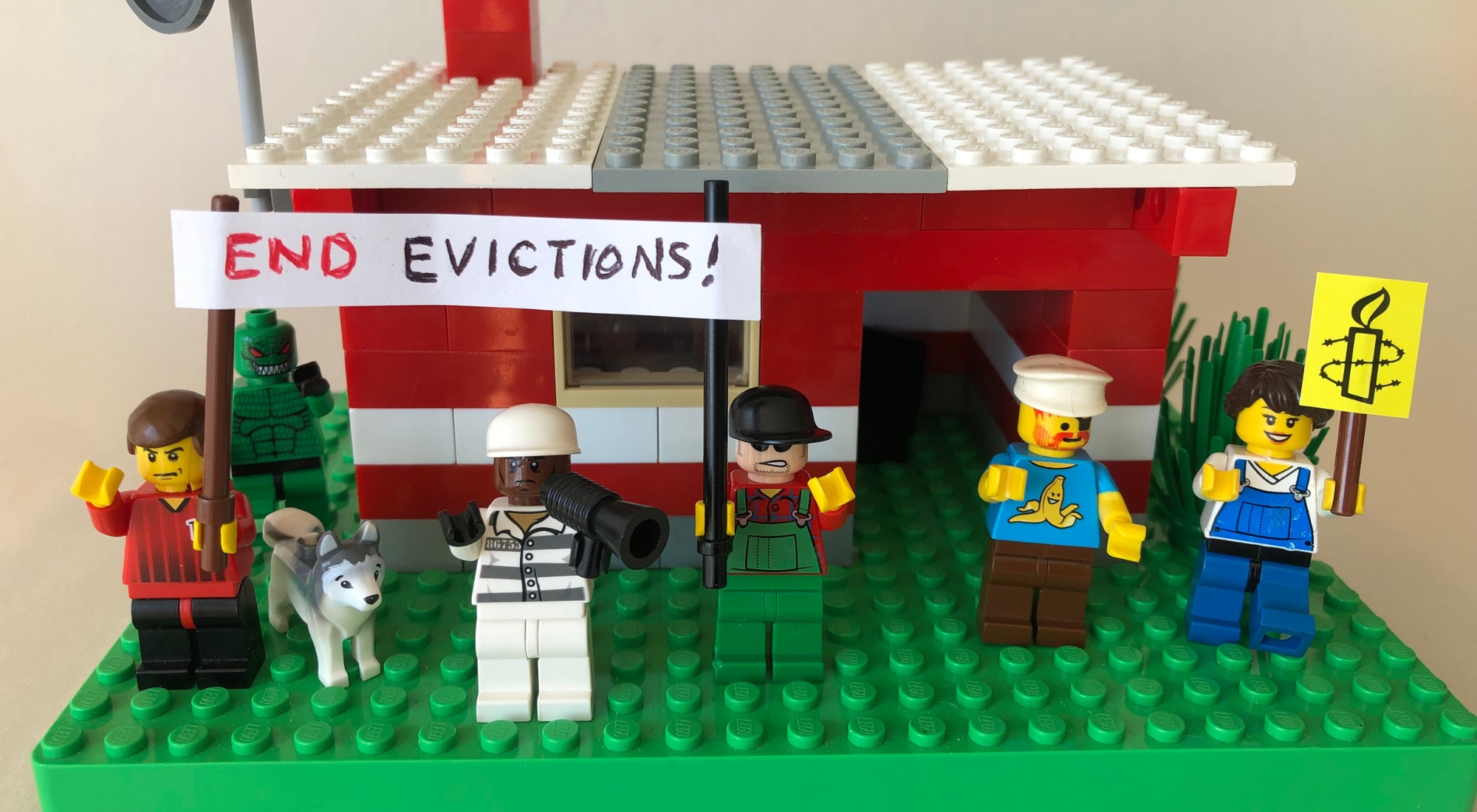

You are encouraged to bring your tiny house or artwork to the Global Day of Action on September 13, 2023. We are meeting at the Democratic Republic of Congo embassy in Ottawa at 7:30pm (EST). The tiny homes will represent the many homes lost to the expansion of industrial cobalt and copper mines in the DRC.
Those who cannot attend this event in Ottawa, please post a photo of yourself with your tiny house or artwork on social media. If you want to include some text in your artwork, please use the following: Evictions have no place in a just energy transition! For more details or to register, contact ianheide@yahoo.com.
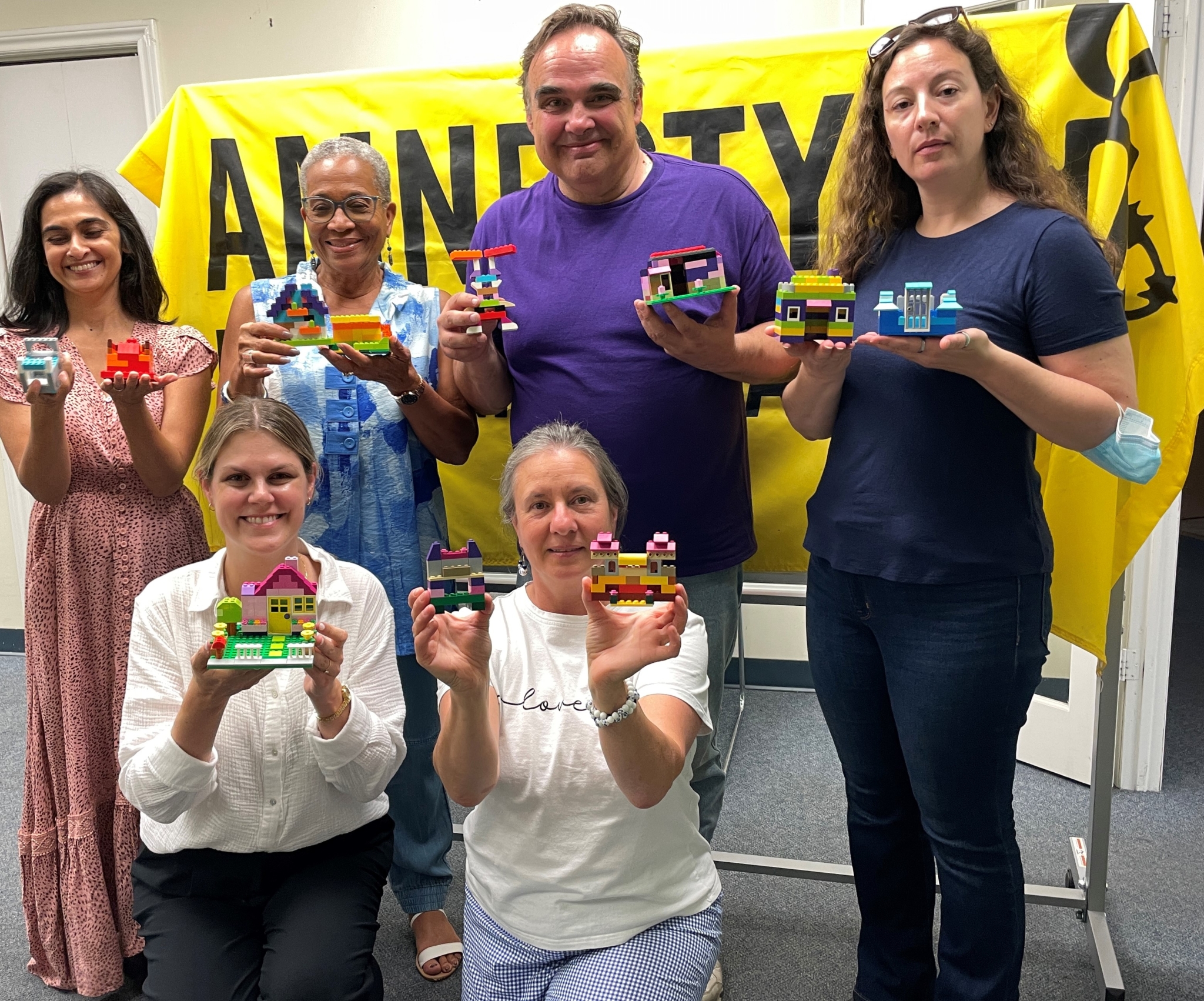
For those who don’t have a social media account, please send your photos to Elena Dumitru edumitru@amnesty.ca, and we will share them through our channels.
Post on Social Media
Twitter action
Attend the DRC Report Launch

Learn more
- Industry giants fail to tackle child labour allegations in cobalt battery supply chains
- Amnesty urges bold action to clean up the battery industry
- Amnesty Canada launches a new campaign to Power a Just Energy Transition












